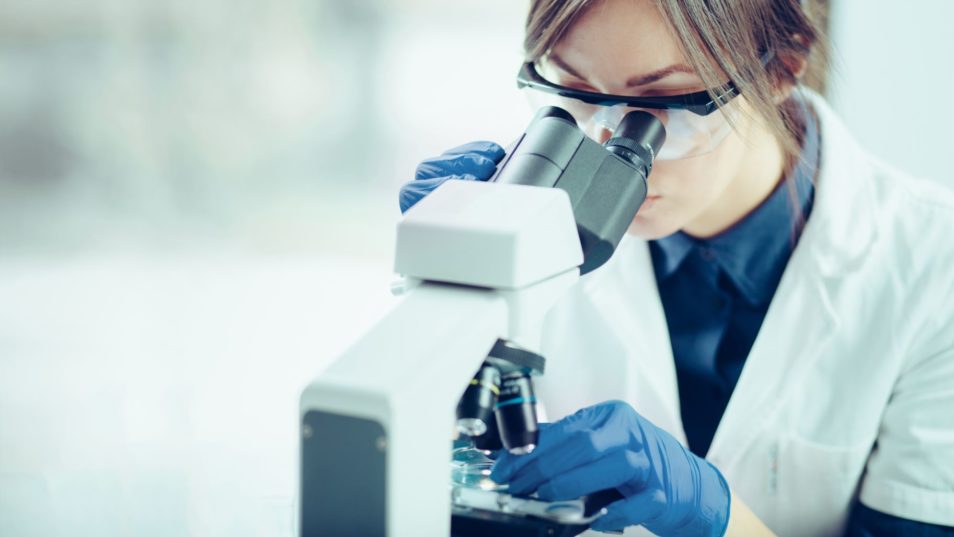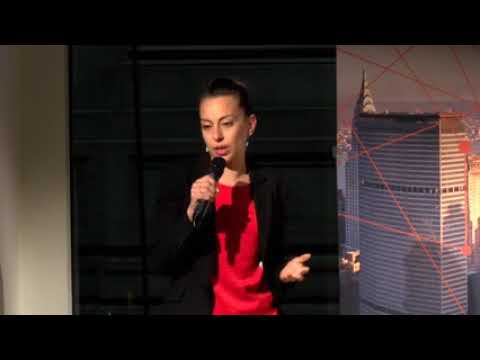Alzheimer’s, Related Disorders and Autophagy
 © Shutterstock
© Shutterstock
Alzheimer’s disease remains one of the biggest medical and socio-economic challenges for our aging society. The disease places a tremendous burden on both individual patients and their caring families. The most common form of Alzheimer’s disease is strictly based on age with no clear-cut family history, but other types of the disease exist such as rare, genetic forms that appear early in one’s life. Despite huge efforts in both basic and clinical research there is no causal Alzheimer’s therapy currently available or in immediate sight.
This two-part event on Alzheimer’s disease will focus largely on a novel approach involving autophagy, a cellular mechanism that only recently has been linked to the disease’s development. During the first part, a workshop, scholars, students, and professionals will exchange their ideas and research topics scientifically. In the second part, a panel discussion, experts will discuss and explain key results to the public.
Watch the full panel discussion below:

To play the video, click the thumbnail. Once activated data will be transmitted to the respective provider. Watch on YouTube
9:00-6:00 pm | Workshop
ALZHEIMER’S, RELATED DISORDERS AND AUTOPHAGY
In the last three decades researchers have learned a great deal about the biochemistry of the proteins and mechanisms associated with Alzheimer’s and related neurodegenerative disorders. Strong evidence suggests that a disturbance of protein homeostasis in the neurons of the brain ultimately leads to neuronal dysfunction and degeneration.
In recent years, autophagy, which is the intracellular degradation process responsible for the clearance of cellular junk, non-functional proteins and organelles that disturb cell structure and function, particularly in neurons, has gained a lot of attention in Alzheimer ’s research. The 2016 Nobel Prize for Physiology or Medicine was even awarded to the Japanese researcher Yoshinori Ohsumi for his uncovering of the key mechanisms of autophagy.
The workshop on “Alzheimer’s, Related Disorders and Autophagy” brings together a small group of experts from the U.S. and Germany for a day of scientific exchange on the topics of neurodegeneration and autophagy. These experts will present their data and opinions on the importance and relevance of autophagy on neurodegeneration to a group of interested students, an informed audience as well as invited colleagues, and a constructive discussion is expected. This day of German-American scientific exchange will address current scientific knowledge with an eye on addressing whether the targeting of autophagy is an effective prevention or therapy for Alzheimer’s and related disorders in the future.
This event is aimed at young researchers and students working in related fields. To learn more about the event and workshop registration, go to the workshop website.
The workshop is chaired by
Christian Behl, PhD, University Medical Center, Johannes Gutenberg University Mainz and
Ralph Nixon, MD, PhD, Nathan S. Kline Institute for Psychiatry and NYU Langone Medical Center
6:30-8:00 pm | Panel Discussion
NOVEL APPROACHES TO FINDING A TREATMENT
In order to prevent or cure a disease, researchers first need to identify biochemical processes relevant in disease development that they can target. Despite years of research on Alzheimer’s Disease (AD), clinical approaches on targeting processes believed to be the cause of the disease, so far, all failed. Unfortunately, there is no effective therapy in sight, although desperately needed. Therefore, uncovering novel therapeutic or preventive targets has become a matter of utmost urgency.
Current research has been concentrating on a mechanism, that until recently had not been explored in this context: autophagy (from Greek “auto” self, “phagos” digestion).
This naturally occurring cellular degradation and recycling mechanism ensures healthy cell function; when it is not working properly, the cell will become more and more dysfunctional, due to accumulating “cell waste”. New evidence suggests that this mechanism could play a role in AD development and therefore be a target for AD prevention and therapy, for example helping to maintain neuronal health through pharmacological stabilization of autophagy.
While the day workshop will deal with current autophagy research in detail, we will take the evening discussion to a more general level. Our panelists will discuss key results of the workshop and also focus on future perspectives of Alzheimer research and impact on our society.
Panelists
- Ralph A. Nixon, MD, PhD
- Christian Behl, PhD
Further panelists to be confirmed.

Event Information
October 24, 2019, 9:00 AM to 9:00 PM
New York, NY
Organizer(s): Johannes Gutenberg University Mainz, NYU Langone Medical Center, Nathan S. Kline Institute for Psychiatry, German Center for Research and Innovation (DWIH NY)
Location
Company
Address:
335 Madison Ave
New York, NY 10017
United States
